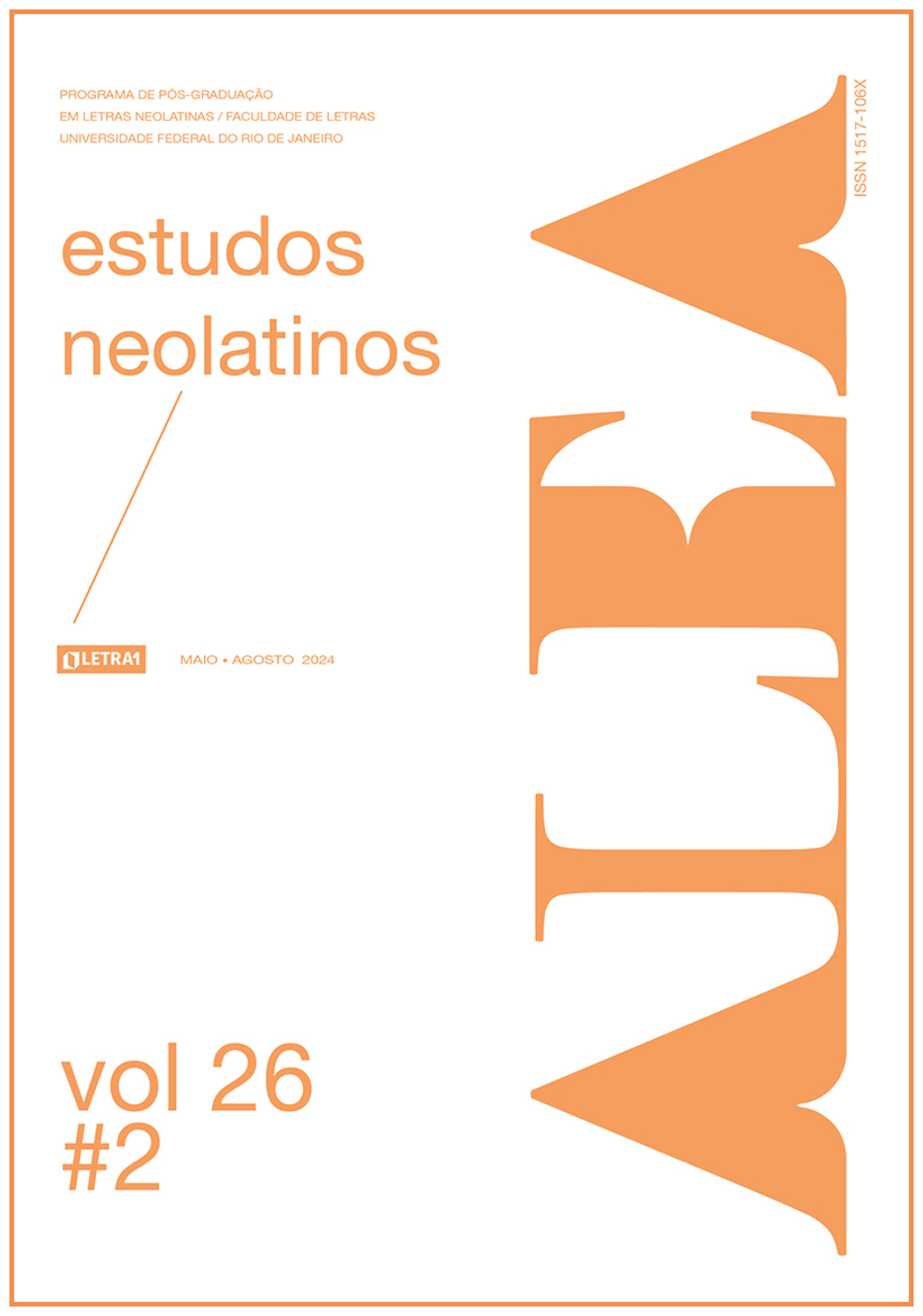La forma como ensayo. Tipografía y ficción en Helen DeWitt
DOI:
https://doi.org/10.1590/1517-106X/2024e63244Abstract
El presente ensayo busca problematizar el efecto de las normas de citación sobre la escritura, a partir de la novela El último samurái, de Helen DeWitt. Se inicia con una reflexión sobre el trabajo intelectual y su relación con la escritura, para luego pasar a la lectura de la novela de DeWitt y comentar su arduo proceso de publicación. Proceso que estuvo reñido por la intervención de editores y correctores que alteraban constantemente su uso de la tipografía, a fin de estandarizarla. El objetivo que aquí se plantea, gracias a la batalla de DeWitt, es dar cuenta de la importancia de desarrollar una imaginación crítica para las humanidades, que ponga al centro una escritura y un pensamiento no estandarizado.
Downloads
Downloads
Published
Issue
Section
License
THE AUTHOR/S confirm/s his, her or their participation in all stages of work preparation: 1) Conception, project, bibliographical research, analysis and interpretation of data; 2) Writing and reviewing the manuscript; 3) Approval of the final version of the manuscript for publication; 4) Responsibility for all aspects of the work and guarantee for the accuracy and integrity of any part of the work. The submission of works implies the immediate cession, without onus, by all authors, of publication rights to the journal Alea, licensed under CC BY (https://creativecommons.org/licenses/by/4.0/). The authors are fully responsible for the content of the article and continue to hold all copyrights for subsequent publications of it, and should, if possible, include the reference to the first publication in the journal. Alea does not commit to returning received contributions. Authors of articles, reviews or translations will receive a copy of the journal.

